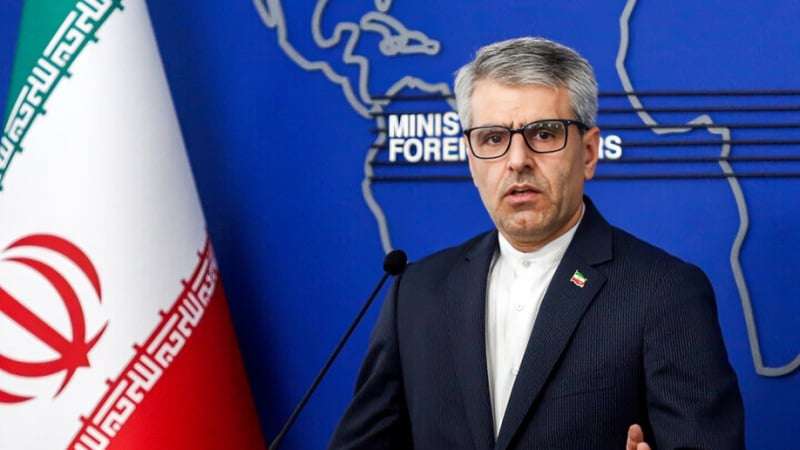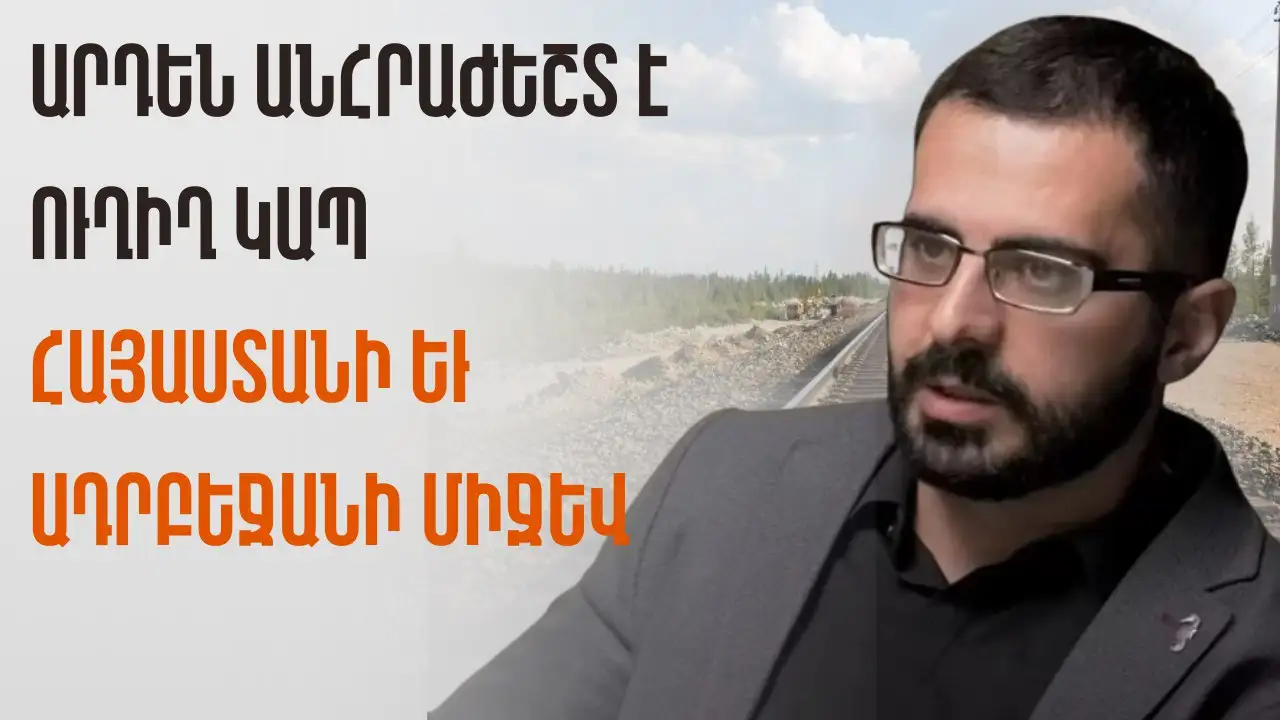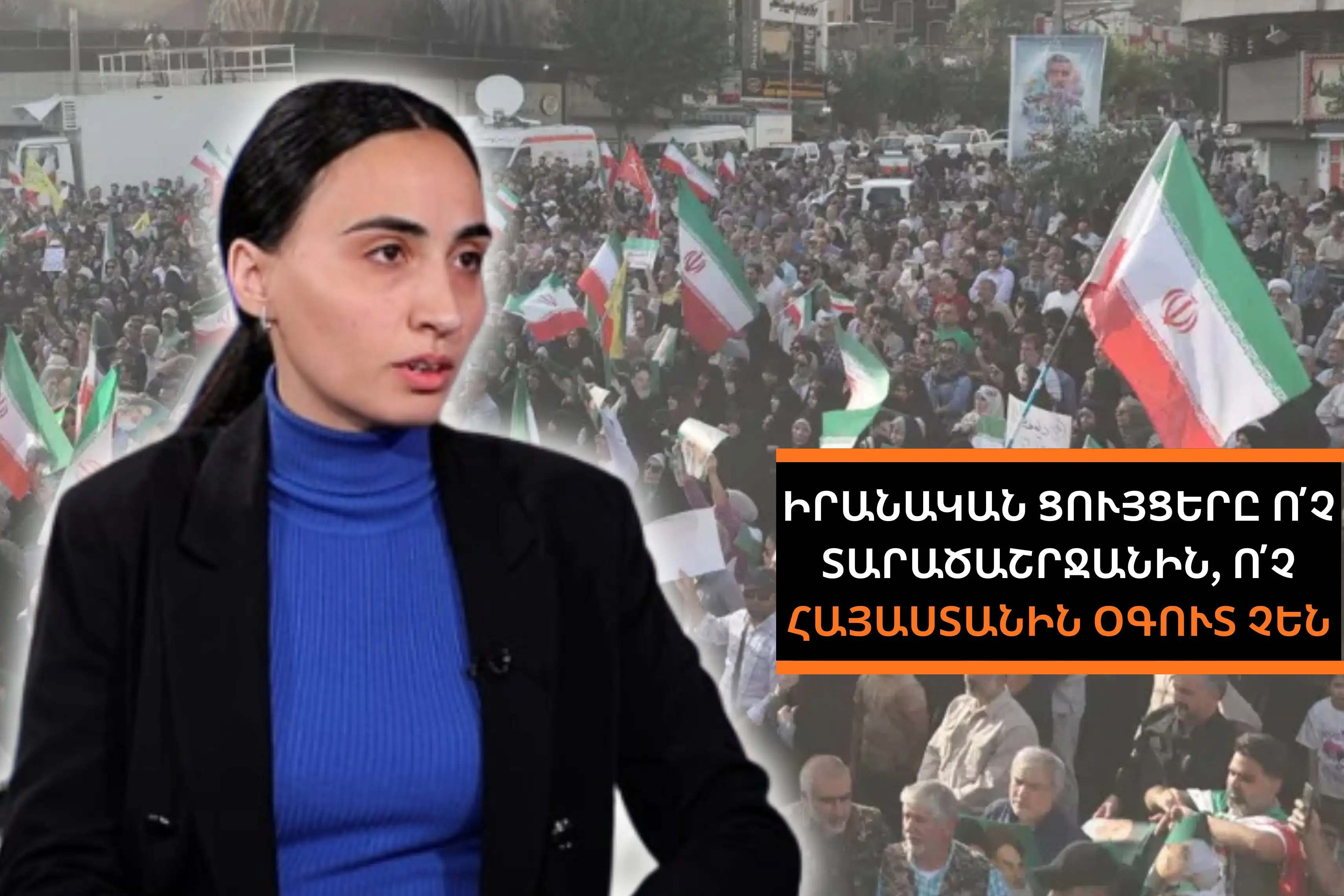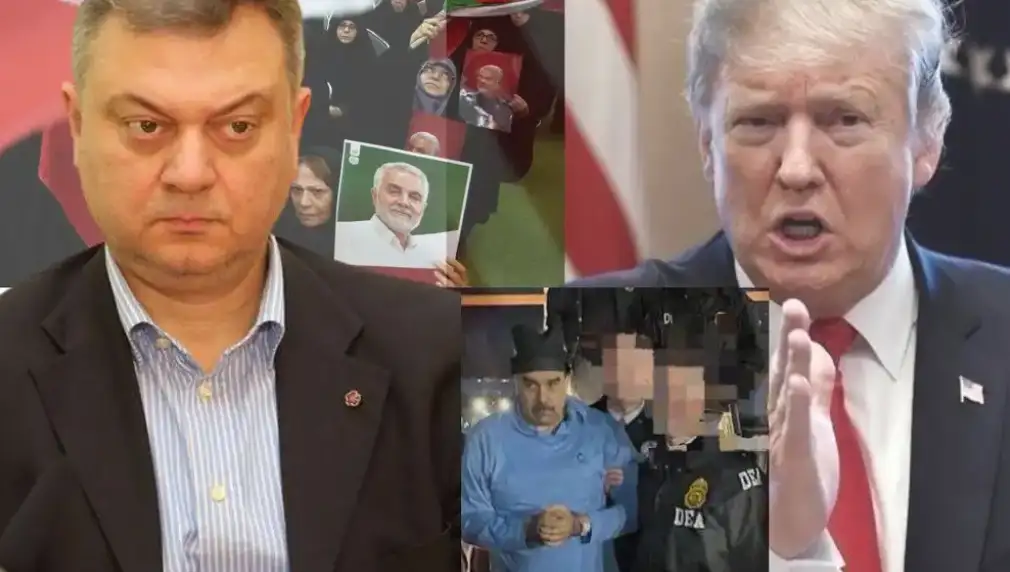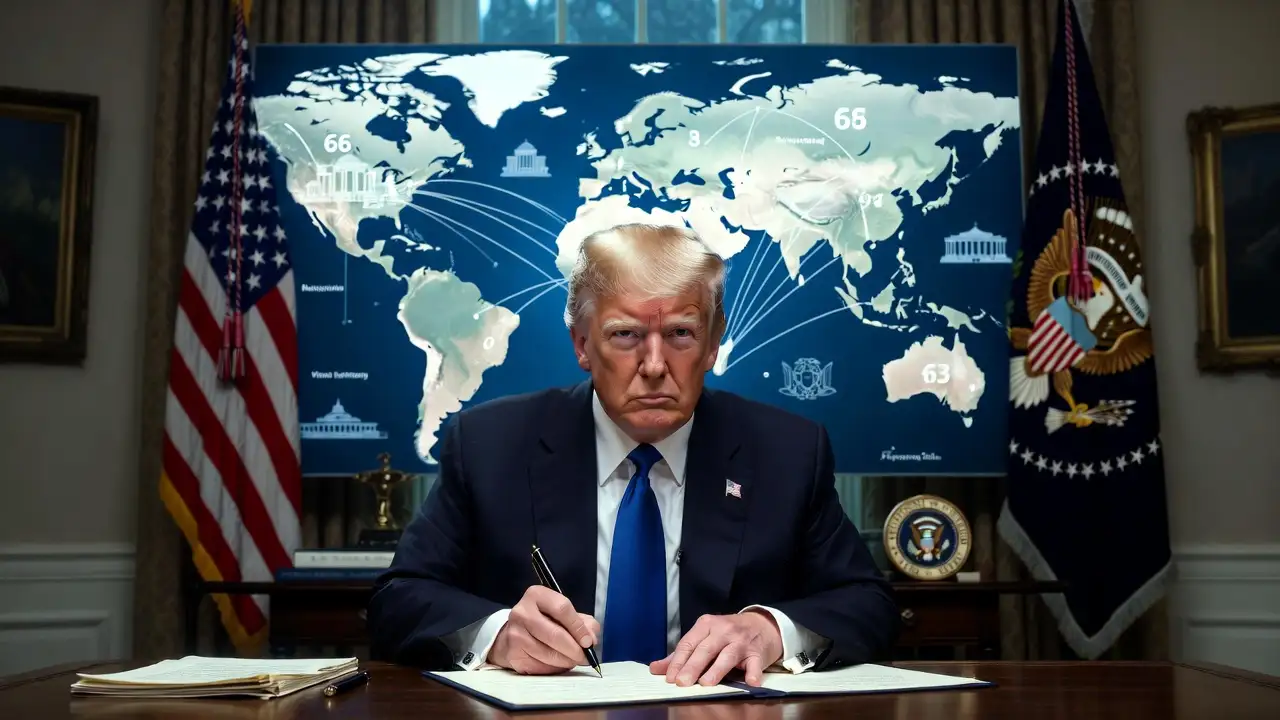Iran supports the "Crossroads of Peace" initiative presented by Armenia and believes that its implementation will be beneficial for the entire region. Tehran is convinced that connectivity is a key component of economic development and prosperity.
In an interview with "Armenpress", Iranian Foreign Ministry Spokesperson Esmail Baghaei said this, referring to the discussions on the development of economic and transport infrastructure in the South Caucasus, the proposals presented by Armenia in this context, and Azerbaijan's ongoing statements about the extraterritorial corridor.
In the interview, Esmail Baghaie also touched upon Armenia's policy of deepening relations with the West and Iran's position on it, the Armenia-Azerbaijan peace process, as well as the Pezeshkian-Aliyev telephone conversation, during which the Iranian President called on his Azerbaijani counterpart to investigate the publications that Israel used Azerbaijani airspace to attack Iran.
The interview was conducted in Tehran on July 29.
-In the context of unblocking transport and economic communications in the South Caucasus, Armenia has proposed the "Crossroads of Peace" initiative, based on the principles of territorial integrity, sovereignty, jurisdiction, and reciprocity. At the same time, Azerbaijan continues to demand an extraterritorial corridor from Armenia to establish a connection with Nakhichevan. What is Iran's position on this issue?
-Let me put it this way. First of all, we highly value our bilateral relations with both the Republic of Azerbaijan and the Republic of Armenia. They are our neighbors, and we are determined to continue our good-neighborly policy with both states. We have strong ties of friendship with both Azerbaijan and Armenia. As for Armenia, we have a very vibrant and vital Armenian community in Iran, of which we are proud.
We need to ensure peace and stability in the South Caucasus, because we perceive peace and security in that region as a component of our peace and security. We will make every effort to establish peace between Armenia and Azerbaijan.
As for transport routes, we have always supported them, because we are convinced that connectivity is a key component of economic development and the well-being of both Armenians and Azerbaijanis, as well as Iranians. We sincerely hope that these initiatives will bear positive results. We have supported the "Crossroads of Peace" initiative put forward by Armenia and believe that it is beneficial for the entire region.
At the same time, we have clearly stated that any transport route should be implemented respecting internationally recognized borders and without violating the sovereignty or territorial integrity of any state.
Thus, while we support the expansion of transport routes and communication between the countries of the South Caucasus and Iran, we must be cautious. First, not to change the internationally recognized borders, not to violate in any way the national sovereignty or territorial integrity of any state.
Another critical point that we have always emphasized and believe that all regional states should appreciate is that third parties, non-regional actors, should not be allowed to interfere in the affairs of the South Caucasus. Such interventions will only complicate the situation and will not serve the interests of the states of the region. This is our principled position, which we have always voiced and will continue to follow.
-Armenia and Azerbaijan have announced that they have reached a peace agreement. The Armenian side has indicated that it is ready to sign this agreement at any time, but Azerbaijan continues to present new preconditions. In your opinion, is peace possible in such conditions shortly?
-Of course, it is possible. If there is a will, there is always a way, and there is no single way.
We understand the background to the conflict between Armenia and Azerbaijan, as well as the complications that could hinder negotiations and prolong the peace process. But I think we need to look at the positive side and be optimistic.
The positive is that the parties have managed to develop a draft peace agreement. We know that it will take some time to finalize it, but the fact that you have done so, that most of the document has already been agreed upon, and that both countries, in our view, are willing to move in that direction, is in itself a positive signal.
We encourage both Armenia and Azerbaijan to finalize and sign the peace agreement. I was with Minister Araghchi when he visited Yerevan, and I was also present at his meeting with his Azerbaijani counterpart. During both sessions, he urged the parties to accelerate the process and to complete the agreement, because it will be the main guarantee of long-term peace in the South Caucasus.
-Armenia has adopted a balanced and balanced foreign policy course and in this context is deepening relations with the EU and the US. There are expert opinions that this policy of Armenia is against Iran and unacceptable to Tehran. Can you clarify what Iran's position is on this issue?
-Armenia wants to diversify its foreign policy and improve relations with different states. That is normal. We have good relations with Armenia. We are friendly people.
There is a history of relations based on trust between our two states, and I think both Iran and Armenia should appreciate that foundation. I am sure that both states are interested in maintaining their friendly relations, because it corresponds to the interests of our peoples.
It is essential for Iran that the relations of any neighboring state with other countries are not used against Iran. This also stems from the principles of international law, which prohibit the use of the territory or capabilities of any state against another state. And I think that Armenia understands this important principle very well.
Thus, it is essential for Iran that the relations of its neighbors with other actors are never and in any way directed against Iran's interests.
-One more question in this context. A month ago, the President of Iran had a telephone conversation with the President of Azerbaijan and called on him to investigate the publications that Israel used Azerbaijani airspace to attack Iran. Does Iran have facts about Israel's use of Azerbaijani airspace, and do you have information whether the Azerbaijani side has investigated these publications?
-As I mentioned, we have the exact expectations from both Azerbaijan and Armenia, or any other neighboring state. That telephone conversation was not intended to make specific accusations. It was a regular conversation between the presidents, during which several bilateral and regional issues were discussed. During that conversation, President Pezeshkian, of course, raised that issue as well.
But I repeat, that did not mean that Azerbaijan was involved in the Israeli attack. It was simply a reminder that all states have an obligation under international law not to allow their territory to be misused by third parties against another state.
And this applies not only to Azerbaijan. We can raise the same concerns with other neighboring states, because we know that Israel has also used the territories of different countries for operations against Iran.
So this was not a specific accusation, but a general reminder.
And that reminder is addressed to all neighbors to be vigilant, because we are dealing with an enemy that has no respect for international law and legitimacy. This requires that we all be vigilant and not allow these forces to harm our relations.




